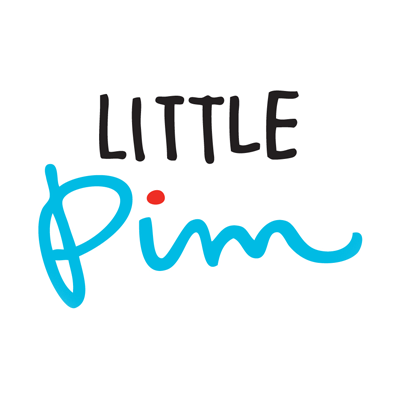Why Bilingualism is Crucial to Your Child's Future
The world is getting smaller and smaller. Jet liners, bullet trains, the internet and new international markets are blurring the lines on our old maps. Our future is changing. The world that our children grow into isn't going to be the one of ours or our parents. That's why it's time to take the future seriously. Parents, grandparents and teachers need to put on their "game faces" and have a serious talk about bilingualism.
When a child is bilingual, their mind opens up to an entirely new world. We know that in this ever-changing global economy, those fluent in more than one language have better odds at a brighter future. The United States has seen a rapid change in language and culture over the last century that has facilitated the growth of professional bilingualism in the public and private sectors.
To put it into layman's terms: bilingualism = jobs.
Translators have always been an important component at every level of government and business. But translating isn't the only profession that requires the mastery of another language. Today, educators and medical professionals often find themselves in situations that require the use of a language other than their native tongue.
Complex global affairs have caused leaders to identify a need for bilingual talent within the government. Corporate outsourcing has increased the amount of multilingual interactions in the business world. Many nations around the world are rising as economic superpowers - such as Russia, China, and India - and to learn the languages of such nations increases the desirability of any potential hire.
You must be wondering...how are these things relevant to my child now?
Foreign language careers are on the rise. When your bright-eyed three-year old graduates from college, she'll enter into a job market in which multilingualism is a highly sought after skill. Research done by Korn/Ferry International stated that over 66% of North American recruiters felt that being bilingual would become extremely important over the next 10 years. Today, many HR departments require eligible candidates to be bilingual. If you look on any job posting website, you will likely see hundreds of jobs - even part-time work - that require bilingual candidates.
Language learning should start young. Adults can learn languages, but as our brains mature they tend to over-analyze. This makes it incredibly difficult for many adults to pick up a second language. Young children don't have this problem. According to a study at MIT, children go through a "sensitive period" for language learning that lasts until puberty. Between birth and five years of age, the human brain is hard-wired for learning multiple languages*. After age five, this critical window begins to close and it gets much harder to acquire a new language and a good accent.*
Language learning is proven to "feed the mind." Learning another language gives kids an educational edge over monolingual peers. Longitudinal studies at Harvard suggested that language learning "increases critical thinking skills, creativity, and flexibility in children." Speaking more than one language can help kids with planning and problem solving. It also helps children with attention and cognition. According to Psychology Today, children in bilingual environments perform better on standardized tests and have better academic performance in general.
To give your kids a leg up in a competitive educational environment as well as the job market, it's imperative that language immersion starts now.
Getting your child started in language learning can give them the skills they need for a secure future. At Little Pim, we're here to help you through that journey by giving you the tools that you need. If you have questions about how Little Pim could benefit your child, or about the benefits of language learning, don't hesitate to contact us or comment below today.

